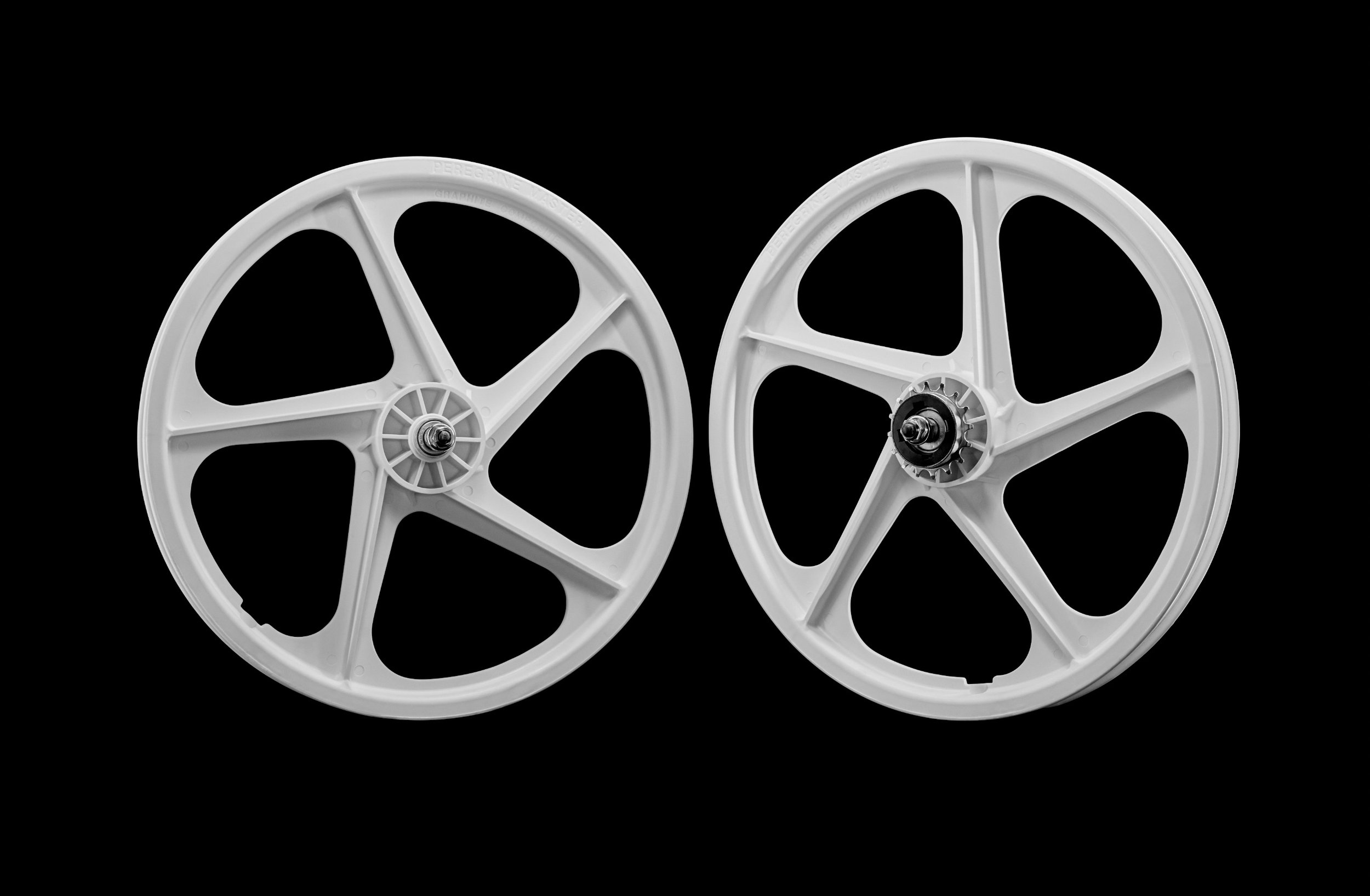
history
Takaya Nieda
A Pioneer In the Bicycle Industry
In the mid-1970s, the Japanese bicycle manufacturing industry was thriving. Factories, including Kawamura Sangyo, Fuji, Miyata, and Panasonic, positioned themselves as specialists in manufacturing lugged racing bicycles, servicing growth across the established European ten-speed market and a spike in demand across the United States. At the height of the legendary US Ten-speed-boom, Japanese factories exported around one million bikes annually to the US. However, with the demand came cultural and geographical challenges. The unique resources, expertise, and capabilities that existed in Japan were evident, although the difficulties concerning communication and negotiation needed an altogether different solution.
Takaya Nieda founded TEEL Industries in the 1970s to create and manage trade agreements between US-based bicycle brands and distributors, and Japanese bicycle and component factories. An early success story brought Redline Bicycles founder Linn Kastan together with the Kawamura Sangyo in Kobe. Although Kawamura specialized in lug-and-tube style manufacturing, Kastan saw enough potential in the operational side of the business to invest in the opportunity. In 1979, he purchased and imported several Panasonic Tig welding machines and set up a heli-arc welding school at the factory. The arrangement delivered the first complete BMX bike in a box to the emerging global BMX market. In the same period, Taka introduced Kastan to established Japanese component manufacturers, including Shimano, Tange, and Suntour; companies that would collaborate to equip Redline BMX bicycles with the best-in-class equipment that helped position the brand as the most innovative in the 1970s and 80s era of BMX.
Through the early 1980s, TEEL became the epicenter for ambitious US BMX brands as they pursued growth and market leadership through innovation. Haro Designs, Kuwahara General Bicycles, and numerous others followed TEEL to Taiwan in the early 1980s following erratic fluctuations in dollar-yen exchange rates and the demise of Japanese manufacturing.
Taka's go-to partner for BMX manufacturing in the early 1980s were Anlen Enterprises and Anlun, based in Taichung, Taiwan. Brothers Sam and Alan Wong operated adjacent factories specializing in steel fabrication, aluminum forging, and assembly. They collaborated to deliver hundreds of thousands of BMX bikes in the 1980s literally. It was in 1984 that Taka saw an opportunity to develop a proprietary line of BMX components under his brand. Peregrine delivered some of the most innovative components of the era, including the HP 48-spoke wheel, a series of aluminum parts, frame and fork sets, and the iconic Master mag wheelset. Today we celebrate the Master for its unique design, fantastic colors, and outstanding performance within the Freestyle market. Our first offering is a series of mags aligned with Redline RL 20 II Freestye bicycle colors.

